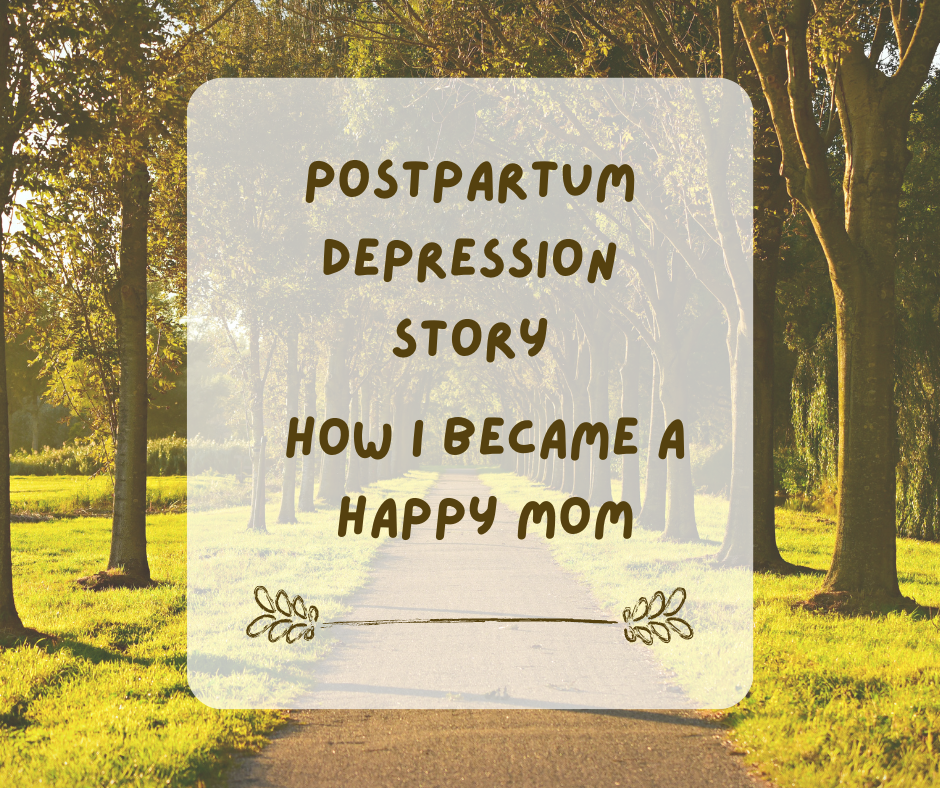My postpartum depression story.
Postpartum depression is common among women after child delivery and can be a result of emotional changes, and psychological, physical, financial, and social changes.
Postpartum depression is common among new moms who are first-time moms and each of these moms has unique symptoms of postpartum feelings or postpartum depression.
Just like 75% of new moms who experience postpartum or baby blues, I have also had my fair share of it.
If you are a new mom who is experiencing postpartum depression, know that you are not alone. As a first-time mom, I was so enthusiastic about having my baby and I have always fantasized about how my little prince charming will look like as I hold him. However, fate had a different plan for me.
The pregnancy journey was all fine until my due date came and passed, I was 40 weeks and 2 days gone, and the anxiety of carrying the pregnancy begin to set in. All I wanted at this time was to have my baby delivered as I was getting emotionally and physically drained from carrying the pregnancy for so long. The doctor said I can still wait for one more week for the water to break and if not, there might be a need for a cesarean section.
When I was 40 days and 5 days gone, I had this sharp pain in my tummy that stroked through my shoulder and my back and some little water coming from my vagina. And the vuum! I went to the hospital the following morning. The doctor said my cervix was 2cm dilated. The contractions were inconsistent and not strong for over 8 hours then the doctor said he will have to induce my cervix for quick contractions. After the inductions, the cervix was still 4cm dilated for another 8 hours and then the doctor said he will have to perform a compulsory c-section if the cervix dilation did not increase.
With low energy and motivation, I agreed to the c-section. I was given loads of injections before and after the c-section, and 24 hours after the c-section I got better. I was happy to see my son and to hold him just like I have been optimistic.
However, I experience fear, anxiety, irritation, sadness, and worry when my blood pressure will not be lowered and the breast milk will not flow out for the baby to suck and the baby cried a lot, refusing to be pacified with formula food.
When we brought the baby home, a lot of family and friends came over, but I was so irritated by their presence and lots of talk. I knew I was getting depressed but I do not know how to handle this. I get upset and irritated at any slight provocation. I couldn’t eat much, I get angry so easily and wondered where the baby came from. Seeing the house cluttered, dirty, and disorganized was a major trigger for irritation and anxiety, and coupled with the fact that I was forced to eat certain cultural food which was believed to help in the increased production of breast milk was also irritating and depressing.
I knew this was not the real me, so I decided to ask google what my symptoms indicate. I could have gone to the hospital but actually, I didn’t have the knowledge that postpartum depression was a medical condition that can be treated medically.
So, when I discovered my symptoms were that of postpartum depression, I search for how to overcome postpartum depression.
How I overcame postpartum depression
The first step to overcoming postpartum depression is that recognized that I was depressed, and needed help. I spoke with my partner who encouraged me and I also spoke with a few friends who are moms and have experienced postpartum depression. They also encouraged me and gave me some tips on how to go easy with myself and the surrounding people to ease the symptoms of postpartum depression.
Some tips that helped me overcome postpartum depression are:
I accepted my child and the circumstances of his birth knowing that they were not my fault no anybody’s fault.
I loved my child for who he is
I accepted the fact the family members who take care of the baby will soon leave and I will have my privacy
Domestic help can always clean the house
My child is a gift from God which I must be grateful for.
It’s not a must for me to breastfeed, I can bottle-feed and my baby will still be healthy.
I constantly accepted love and asked for help from my partner
I visited the hospital for postnatal depression therapy for my mental health improvement.
I could overcome postpartum depression, not until 3 to 4 months after my delivery. I regained my normal life and my baby continued to grow healthy and loving.

Leave a Reply